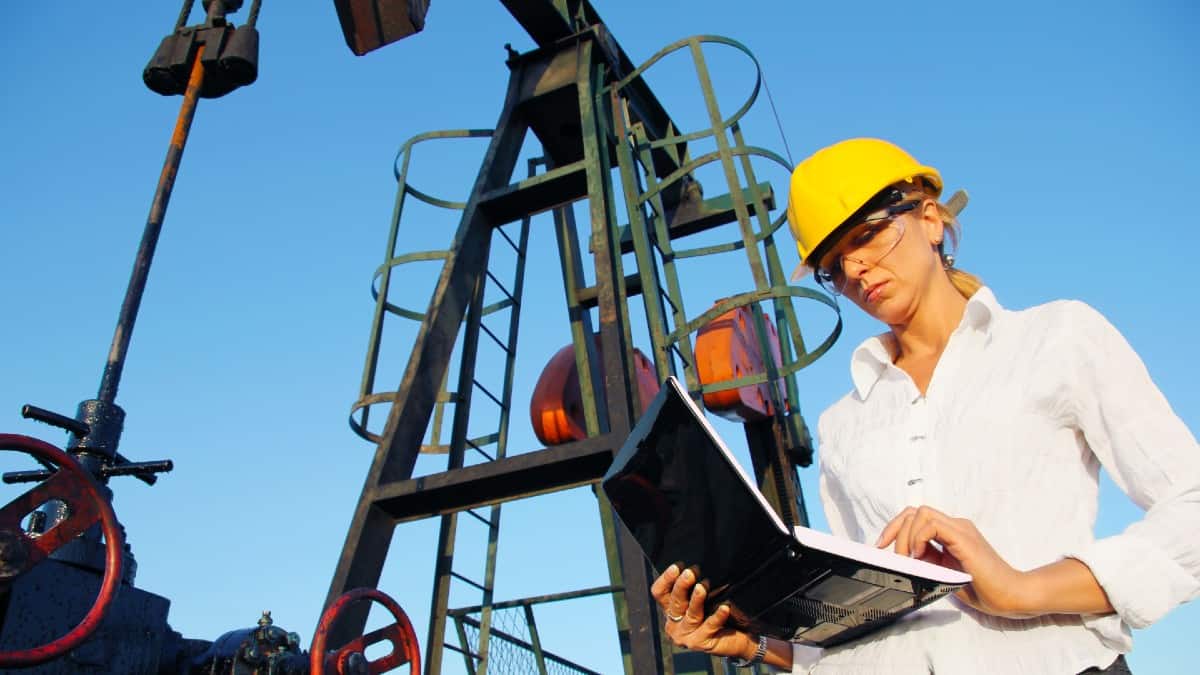Shares in FTSE 100 oil and gas giant Shell (LSE: SHEL) have been rising steadily since the beginning of June.
This was when oil prices began to trend higher again as the OPEC+ cartel announced more cuts in production. Such cuts are broadly positive for oil prices. They also tend to be positive for gas prices, as historically 70% of these are comprised of the oil price.
With Shell’s shares near to their year-high, many investors may wonder if there is any value left in them. I think there is for three key reasons, which is why I am considering adding to my existing holdings in the company.
There are risks, of course, as with any stock. One of these is that lobbying by anti-oil groups may affect its operations. Another is that an accident at one of its sites may cause environmental damage, leading to severe fines.
Hamas-Israel war may widen
The longer-term upward trend in oil and gas prices began when Russia invaded Ukraine last year. Russia is a top three oil and gas producer and sanctions imposed on its supplies pushed prices up.
In a similar vein, 7 October saw Palestine’s political and military group Hamas attack Israel. This was praised as a “heroic operation” by Lebanon’s Hezbollah.
Both groups are backed by Iran, which in turn recently signed a relationship resumption deal with Saudi Arabia. Both countries are also major oil and gas producers.
Consequently, the threat of the war between Hamas and Israel drawing in other Middle Eastern oil producers appears significant.
The last time this happened, the 1973 Oil Crisis erupted, which saw oil prices shoot up around 267%.
Of course, investing to solely profit from war is extremely un-Foolish. Make no mistake, that’s not the reason why I am suggesting investors ought to consider buying shares in Shell.
Refocusing on oil and gas production
What has been happening at Shell itself aside from these external issues? After taking over as CEO on 1 January, Wael Sawan restated Shell’s commitment to its core oil and gas business. He underlined that it would keep oil production at current levels of 1.4m barrels per day until 2030. He added that it will also expand its huge liquefied natural gas business.
This reaffirmation of Shell as primarily an oil and gas producer is in line with its major US rivals.
Despite the greener US Presidential Administration of Joe Biden, those US firms have remained unwavering in their commitment to their core businesses. And this has seen their valuations outstrip those of greener European rivals.
Sawan’s recommitment to oil and gas production was made with an eye to redressing this imbalance.
Undervalued to peer group
Shell is still at a considerable discount to many of its industry peers – suggesting significant value.
It trades at a price-to-earnings (P/E) ratio of 7.3. This is better than Brazil’s troubled Petrobras (2.8) but worse than the US’s ExxonMobil (8.3) and Chevron (10). It is also worse than Saudi Arabian Oil (16).
Shell also pays a decent dividend. After its stellar 2022 results, it increased the Q4 payout per share by 15% to 28.75 cents. This brought the annual total to $1.04. On the current share price of £25.81, this gives a yield of 3.3%. On 27 July, it also announced the start of a $3bn share buyback programme.







